National
Gujarat Dairy Farmer Killed by Tear Gas During a Peaceful Protest, Sparks Demands for Justice and Reform
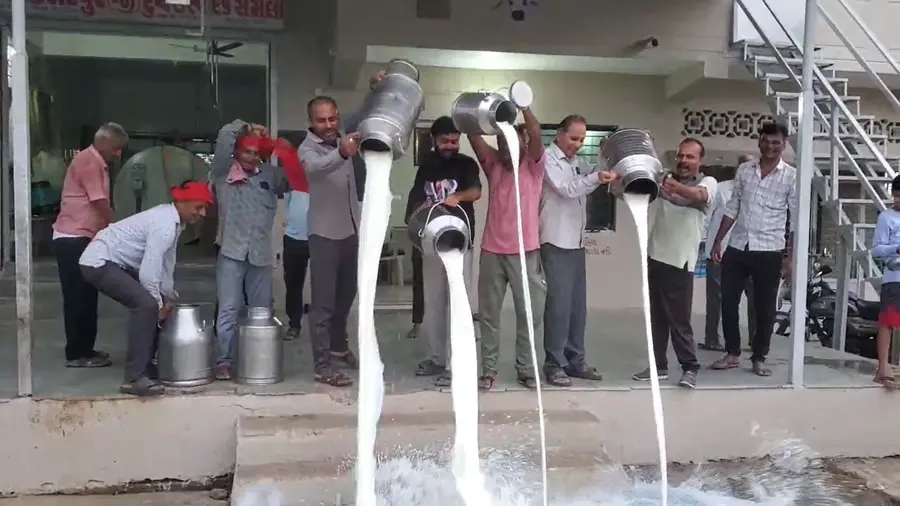
(Image courtesy: Google)

Web desk
Published on Jul 23, 2025, 04:33 PM | 6 min read
Gujarat: A dairy farmer from Sabarkantha district in Gujarat died earlier this month after reportedly being exposed to tear gas during a protest. The deceased farmer, Ashok Choudhury, hailed from Jijva village in Idar tehsil. On July 14, he joined a peaceful protest organized by dairy farmers outside the Sabarkantha District Dairy Cooperative. The protest was centered on a long-standing demand from milk-producing farmers to receive their rightful share of the annual surplus generated by the cooperative.
According to local eyewitnesses and members of the AIKS, the demonstration was proceeding peacefully until police forces arrived and began dispersing the crowd with tear gas shelling and lathi charge. Choudhury, who was not actively part of the agitation at the front lines but was resting inside a parked car near the protest site, became trapped as the tear gas filled the vehicle. Witnesses say the surrounding chaos and baton-charging made it impossible for him to escape in time. He was later found unconscious and taken to two different hospitals in an attempt to revive him, but he was declared dead shortly after.
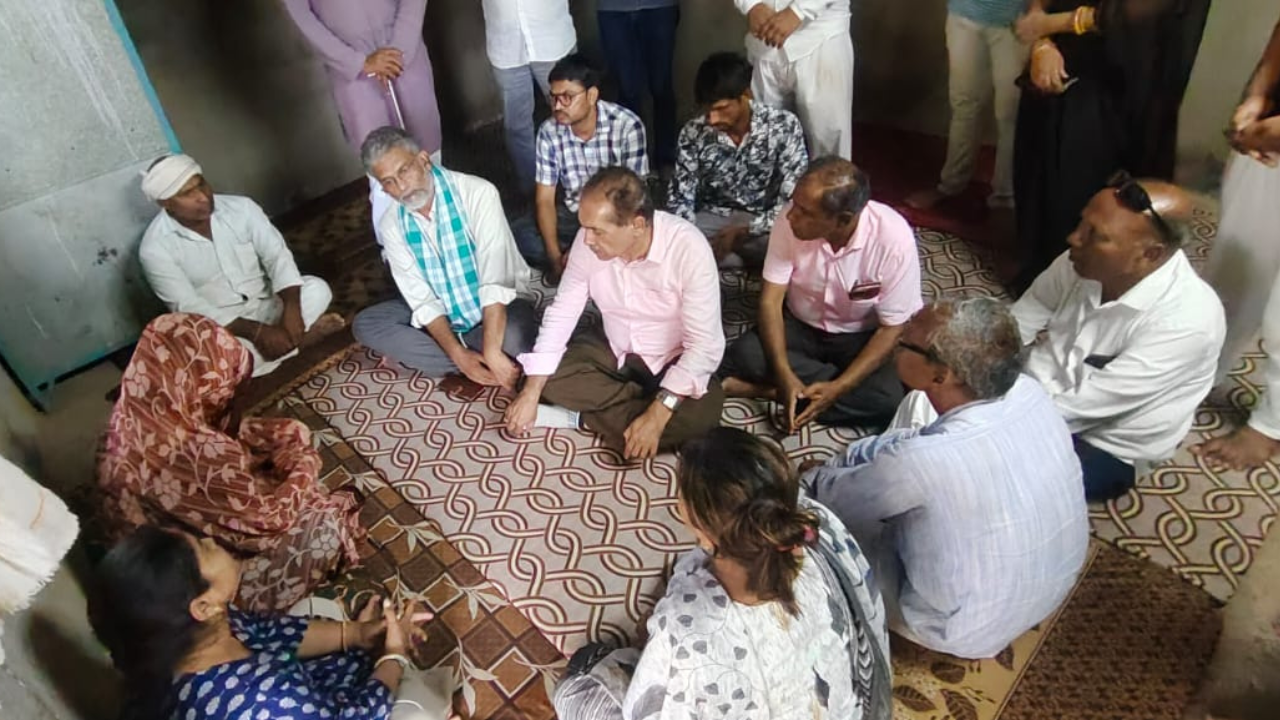
(Image Courtesy: All India Kisan Sabha)
Despite the passage of several days since the incident, the farmer’s family had not received the official post-mortem report as of July 21. They also stated that no representatives from the local administration had visited them, a silence they interpreted as indifference toward the loss of a working farmer and the primary breadwinner of their household.
A delegation from the AIl India Kisan Sabha (AIKS) visited the family on July 21 to express solidarity and support. The delegation included senior national leaders and state representatives such as P. Krishnaprasad, former MLA and Finance Secretary of AIKS; Pushpendra Tyagi, a member of the AIKS All India Secretariat; Dayabhai Gajera, President of the Gujarat Kisan Sabha; and Parshottam Parmar, Secretary of the state unit. The delegation spent time with Choudhury’s widow and their three children, who are now left to manage their 7-acre landholding and dairy farm without the support of their main income earner.
Speaking to local reporters, P. Krishnaprasad said, “This is not an isolated incident. It speaks to a disturbing pattern in how legitimate protests by farmers are being handled. The use of excessive force in this case has led to the loss of a human life. A judicial enquiry is not just necessary—it is the bare minimum the government owes to this family and to the wider farming community.”
The AIKS has demanded that the Gujarat government immediately order a judicial enquiry into the events surrounding Choudhury’s death, with a particular focus on the police’s handling of the protest. The organisation is also calling for a compensation package of Rs. 1 crore for the farmer’s family, along with employment for one family member in order to provide long-term financial support. They have also insisted that the post-mortem report be released to the family without delay and that any attempt to suppress or alter information related to the incident be investigated and penalised.
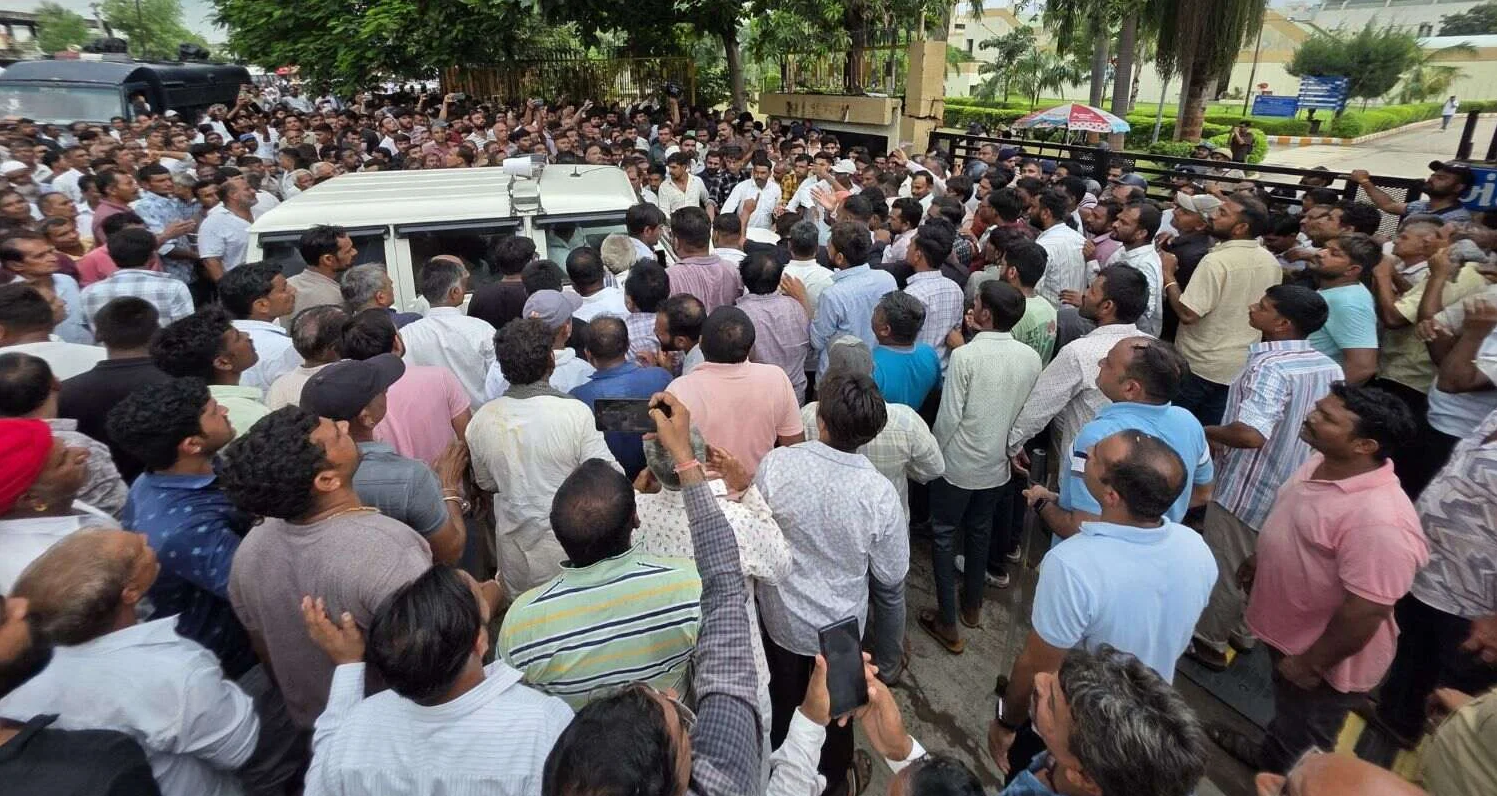
(Image Courtesy: Google)
The core of the farmer agitation lies in allegations of financial mismanagement and lack of transparency in the state’s dairy cooperative sector. According to AIKS and local farmer leaders, many cooperatives in Gujarat are controlled by politically affiliated boards, linked to the ruling BJP. These cooperatives have routinely diverted surplus profits toward political events and campaigns instead of distributing dividends to milk suppliers. Farmers point to recent grand-scale events attended by top political figures, including the Prime Minister and the Governor, which were allegedly funded through cooperative resources that should have gone to the farmers.
AIKS leaders argue that the financial strain on dairy farmers has become increasingly unsustainable. They note a growing gap between the prices paid to farmers and the prices consumers pay for milk. At present, farmers in Gujarat receive around Rs. 25 to Rs. 30 per litre for cow milk and Rs. 40 to Rs. 45 per litre for buffalo milk. Meanwhile, consumers pay significantly more—often with a difference of Rs. 15 to Rs. 17 per litre. The cooperative retains the bulk of this margin, but farmers say the benefits are not shared with those actually producing the milk.
Dayabhai Gajera, President of the Gujarat Kisan Sabha, said, “There is no transparency in the distribution of surplus funds. The people who actually sustain the dairy industry—the farmers—are systematically excluded from decisions and denied their rightful share. This has to change.”
In response to the deepening crisis, the AIKS has launched a statewide signature campaign among dairy farmers. The signatures will accompany a formal memorandum to be submitted to Gujarat Chief Minister Bhupendra Patel. The memorandum will reiterate the demand for justice in Choudhury’s case and press for broader reforms in the cooperative system, including fairer price mechanisms and regular audits of cooperative accounts.
AIKS leaders have also emphasised the need for state intervention to stabilise the dairy economy. They have proposed that the government fix the procurement price for milk at Rs. 60 per litre, and provide a direct subsidy of Rs. 10 per litre to help farmers cope with rising costs of fodder, fuel, and other inputs.
Parshottam Parmar, Secretary of the Gujarat Kisan Sabha, stated, “The government must stop treating farmers as agitators and start recognizing them as partners in development. Ashok Choudhury’s death should not be dismissed as collateral damage. It is a result of a deeper systemic failure that needs urgent correction.”
The police’s use of force during the protest has also drawn criticism from human rights advocates and political observers.
AIKS General Secretary Vijoo Krishnan, in a joint statement with President Ashok Dhawale, said, “The state has a responsibility to facilitate dialogue, not escalate conflict. When farmers are forced to protest just to claim what is rightfully theirs, and then met with tear gas and batons, it reveals the erosion of democratic space.”
The organisation has pledged continued support for the deceased farmer’s family and warned that unless corrective steps are taken, the discontent in Gujarat’s rural economy could intensify in the months to come.



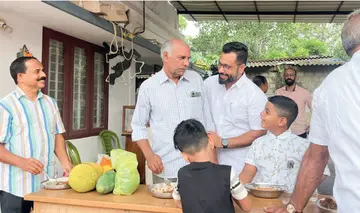
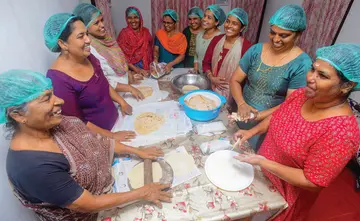
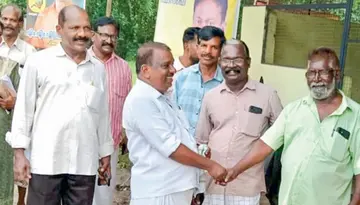
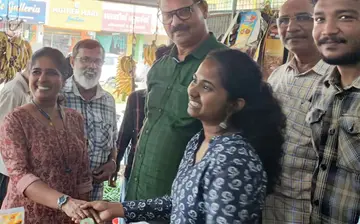

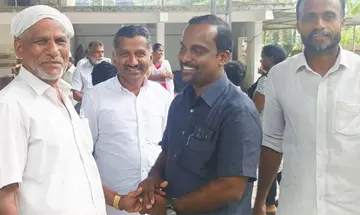

0 comments